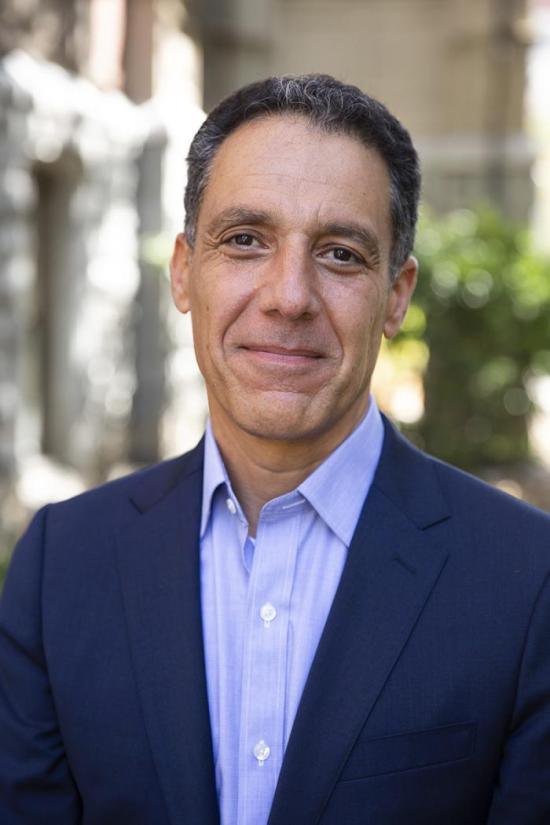From The Atlantic
No One Is Ready for Digital Immortality
By Kate Lindsay
Every few years, Hany Farid and his wife have the grim but necessary conversation about their end-of-life plans. They hope to have many more decades together—Farid is 58, and his wife is 38—but they want to make sure they have their affairs in order when the time comes. In addition to discussing burial requests and financial decisions, Farid has recently broached an eerier topic: If he dies first, would his wife want to digitally resurrect him as an AI clone?
Farid, an AI expert at UC Berkeley, knows better than most that physical death and digital death are two different things. “My wife has my voice, my likeness, and a lot of my writings,” he told me. “She could very easily train a large language model to be an interactive version of me.” Other people have already done precisely that. Instead of grieving a loved one by listening to their voicemails on repeat, you can now upload them to an AI audio program and create a convincing voice clone that wishes you happy birthday. Train a chatbot off a dead person’s emails or texts, and you can forever message a digital approximation of them. There is enough demand for these “deathbots” that many companies, including HereAfter AI and StoryFile, specialize in them.
When it comes to end-of-life planning, recent technology has already dumped new considerations on our plates. It’s not just What happens to my house? but also What happens to my Instagram account? As I have previously written, dead people can linger as digital ghosts through their devices and accounts. But those artifacts help maintain their memory. A deathbot, by contrast, creates a synthetic version of you and lets others interact with it after you’re gone. These tools present a new kind of dilemma: How can you plan for something like digital immortality?...
Hany Farid is a professor in the Department of Electrical Engineering & Computer Sciences and the School of Information at UC Berkeley. He specializes in digital forensics.










